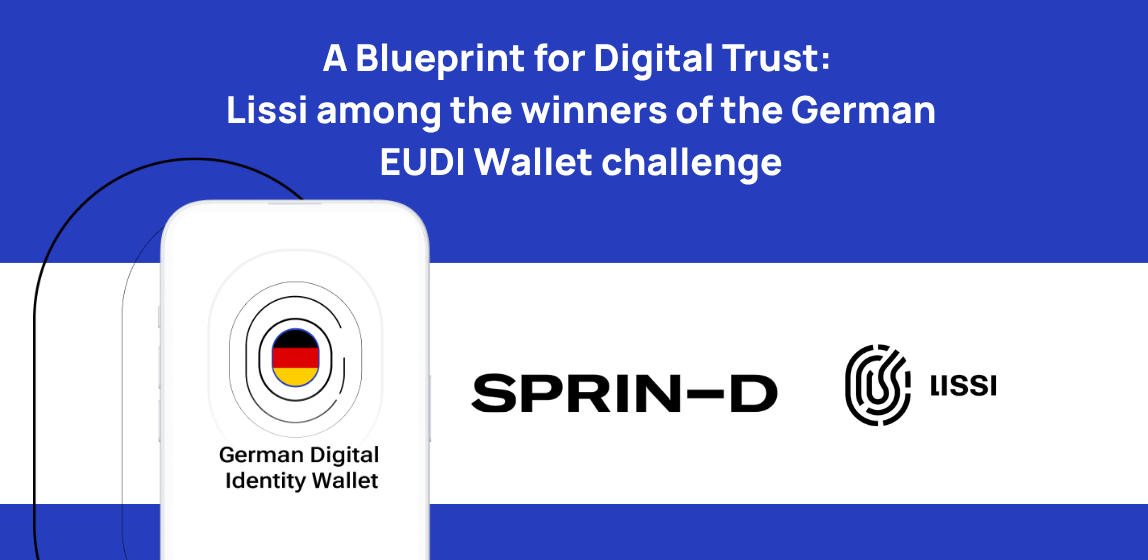When the lines between reality and fiction blur, trust is the first to suffer. When was the last time you struggled to trust information online?
Meet Miquela, a 21-year-old from Los Angeles. She loves traveling to European cities like Barcelona and collaborates with international brands. She even starred in a promotional video for BMW with the slogan “Make it real”, promoting their electric car model. With 2.4 million followers on Instagram, Miquela is part of daily life for many—especially young people.

The twist? You probably guessed it. She’s not human. She isn’t real. Yet, her message and the emotions and desires she inspires are very real.
Scrolling through social media, I often find myself asking, “Is this even real?” I’m increasingly unable to reliably distinguish between reality and fiction. And neither can you, your parents, your friends, or their children.
Fake content has entered our world at a pace society struggles to keep up with. And it’s not just limited to pictures or mis- and disinformation. For instance, telecommunication companies like O2 use AI-powered “grandmothers” to keep human scammers occupied. Imagine what artificial systems malicious actors might already be building.
Trust in the digital world is at a critical juncture. According to Statista, only 12% of respondents in a 2022 survey across all 27 European Union member states expressed strong confidence in their ability to identify disinformation. A lack of trust in information or interactions often leads to abandoned processes—or, worse, financial fraud. Without trust, people disengage from transactions, costing billions of euros in potential economic value.
Creating a solid framework for identity is the necessary first step to addressing these issues. Once we can verify who we are interacting with, we can decide whether to trust the information being presented. This applies equally to individuals and organizations.
Identity is the last bastion of sovereignty. Some governments have already lost it, handing control of their citizens' digital identities to large technology companies without offering a governmental alternative.
Fortunately, the European Union has made the right choice by establishing a regulatory framework for digital identity through the eIDAS regulation. By the end of 2026, every EU member state will be required to provide its citizens with a digital identity wallet and a digital version of their identity. By 2027, organizations such as banks, telecommunications providers, and public institutions will be mandated to accept all European identity wallets.

These wallets will enable citizens to access digital services in a trusted environment. They will support identification, authentication (login), digital signatures, credentials (e.g., driver’s licenses), and approvals (e.g., payments), among other features. They represent a crucial step toward fostering participation in our digital economy and strengthening a united Europe by facilitating seamless cross-border interactions.
EU identity wallets won’t be a silver bullet to solve all the problems addressed in this article. They will inevitably create new challenges around security and privacy, which must be addressed transparently. However, we cannot afford to delay. The infrastructure we build today will serve as a foundation for generations to come—a foundation for a strong democratic society in which citizens can engage in meaningful interactions with trust and confidence across European borders and beyond.
It is now our responsibility to ensure that this system strikes the right balance between protecting individuals and offering the best user experience possible. The year 2025 will be pivotal in advancing practical implementations and gaining real-world experience in use cases such as bank account opening, mobile driver’s licenses, or municipal services.
At Lissi, we have been at the forefront of developing the standards and components that underpin the European trust ecosystem. We enable large, regulated organizations, such as banks, to seamlessly integrate use cases with EUDI-Wallets.
Join us in building a trusted future for Europe. Explore our demo to see how trust can transform digital interactions, or help us drive change by joining our team.





.png)
.png)